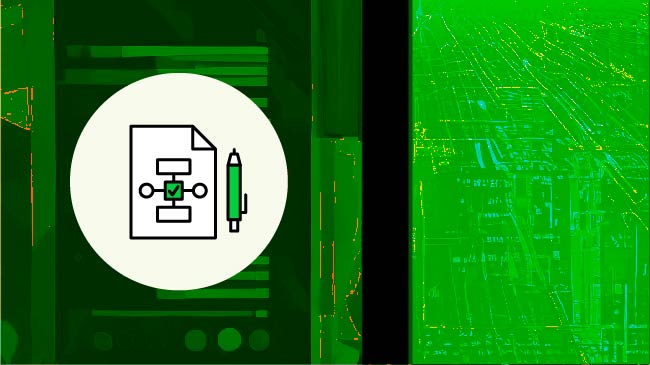Navigating the Skills Gap Means Navigating the Generation Gap, Part 2
IMS veteran Nick Griffin, of BMC Software, reflects on the importance of managing generational differences in the IT workplace

Editor’s note: This is the second installment in a two-part series. Read Part 1 here.
I and the Baby Boomers I know have a work ethic that is often attributed to our upbringing, raised with the idea that job stability and company loyalty were paramount. We aspired to work for a single employer throughout our careers. We have a traditional and hierarchical management style, valuing structure and adherence to rules.
Gen Z and Millennials are commonly thought to differ from Baby Boomers on many of these fronts. For instance, as an IMS person, I see many Baby Boomers doing mundane tasks on a regular basis. They feel it’s just their job and that without it, they would be easily replaced.
As DBAs, they review reports each week to monitor changes in categories such as performance and growth. This is very time-consuming.
Software Saves the Day
Most new Gen Z and Millennial DBAs want new technology to help with these sorts of tasks. The good news is that there are new software products that can offer that assistance while helping with the skills challenge as well.
Products now have intelligence to forecast performance and space issues, then issue notification well in advance of a problem to minimize unplanned outages. They can plan ahead to perform maintenance during planned outage times. They have “wizards” that will walk users through the process of creating tasks like backup, recovery, reorganizations, etc. These products simplify daily work so that DBAs can spend more time working with application developers on design.
Training Gen Z and Millenials
Despite the software that can make our jobs easier, there will always be a need for training. However, getting Baby Boomers and Gen Z and Millennials to work together on training can be a little difficult. Here are some tips for training members of these generations in the workplace:
- Organize team-building activities, such as volunteering or corporate challenges, to help employees focus on shared goals and values instead of differences.
- In trainings, use visual media such as image-based courses and short videos to appeal to Gen Z’s visual orientation.
- Always provide flexibility and autonomy to accommodate Gen Z’s preference for self-study and learning on their own time.
- Keeping in mind that Gen Z and Millennials value collaborative management relationships, provide clear expectations, constructive feedback and a strong mission.
- Create opportunities for Gen Z and Millennials to learn and grow through mentoring and coaching with senior staff.
- Develop leadership and training programs that focus on diversity and inclusion, and support Gen Z and Millennials’ comfort with gender fluidity and non-binary identities.
- Consider Gen Z’s different goals and training needs at different stages of their careers.
In general, Gen Z and Millennials need you to assume they are doing their best work. They need you to listen to learn instead of judge, while making them feel valued, heard and respected. It is important to help them see the purpose and impact of their work and give them opportunities to use their strengths regularly.
Getting Them to Stay
Take these approaches to help ensure your Gen Z employees stay with your company as long as possible, acknowledging the reality that Gen Z and Millennial workers are more likely than their predecessors to entertain plans to leave their jobs.
Of course, aside from setting favorable conditions at work, money is also a key motivator. In the current corporate cycle, we tend to hold wages down or delay them. This can cause your newly educated or trained employees to jump ship. When it’s already hard to find people with the skills we need, that is the last thing we want.
But this mission doesn’t end with the current crop of young technologists. When these newly trained resources see the bright future of the mainframe, they will be ready to begin training yet another generation to work on this enduring, transformational platform.